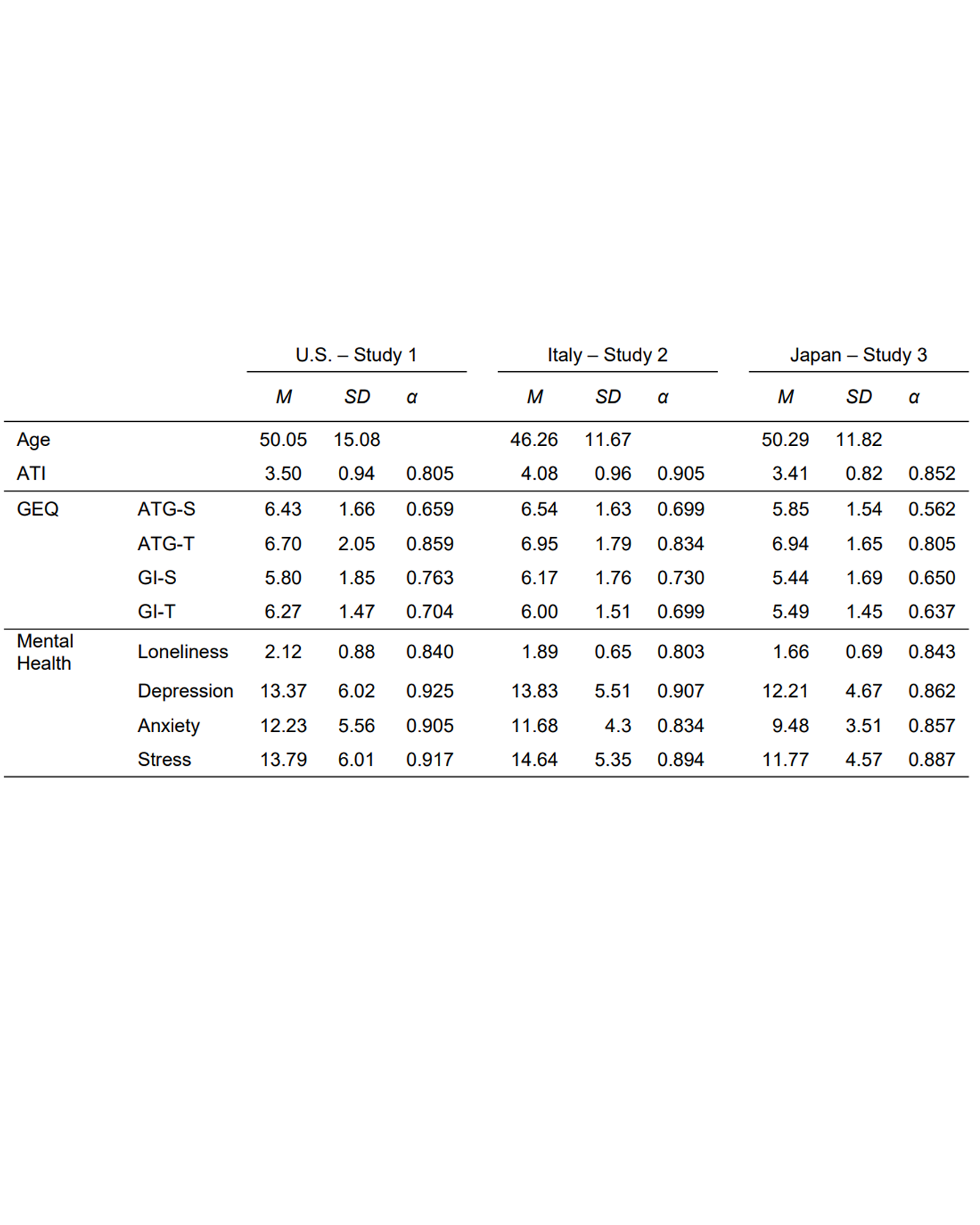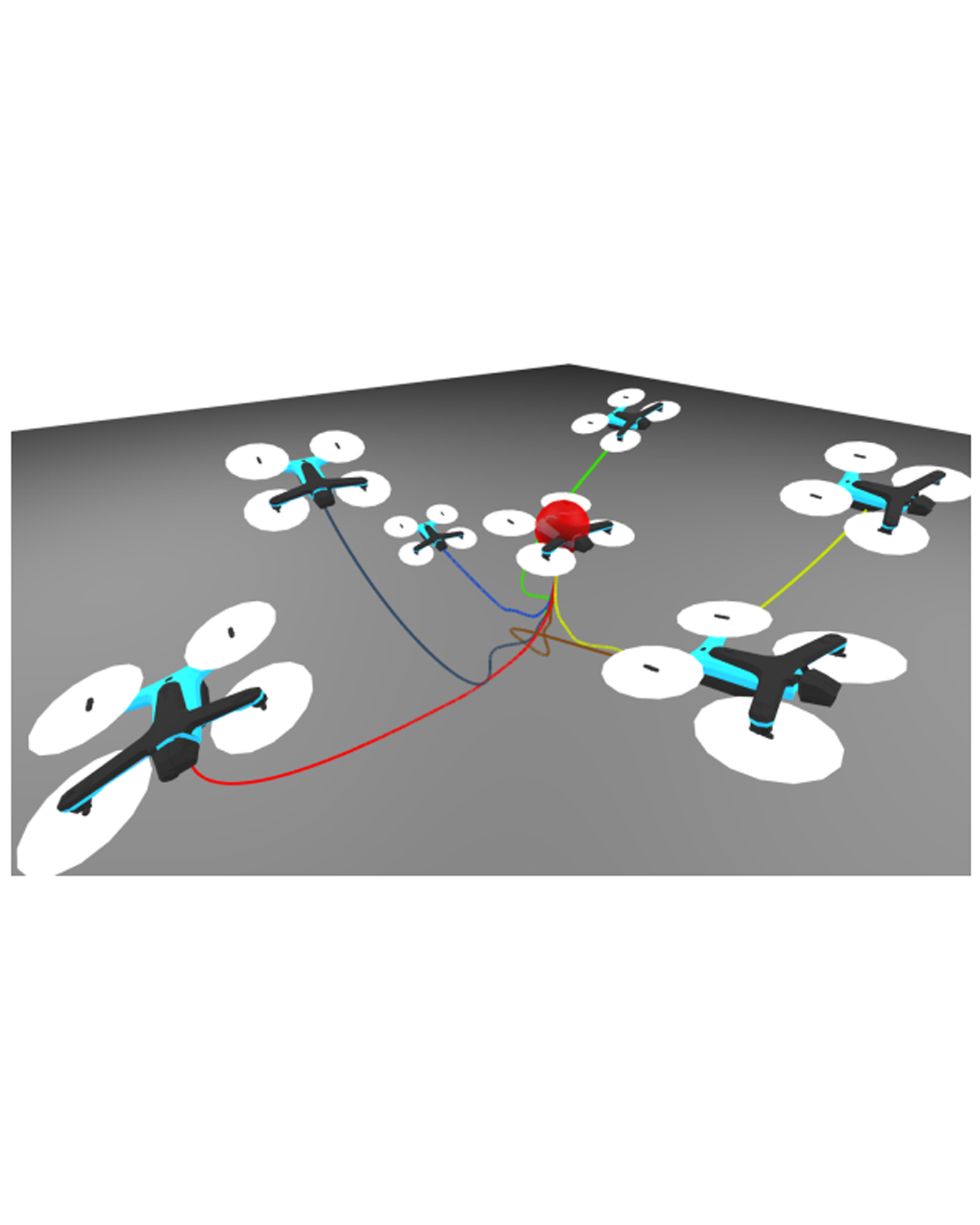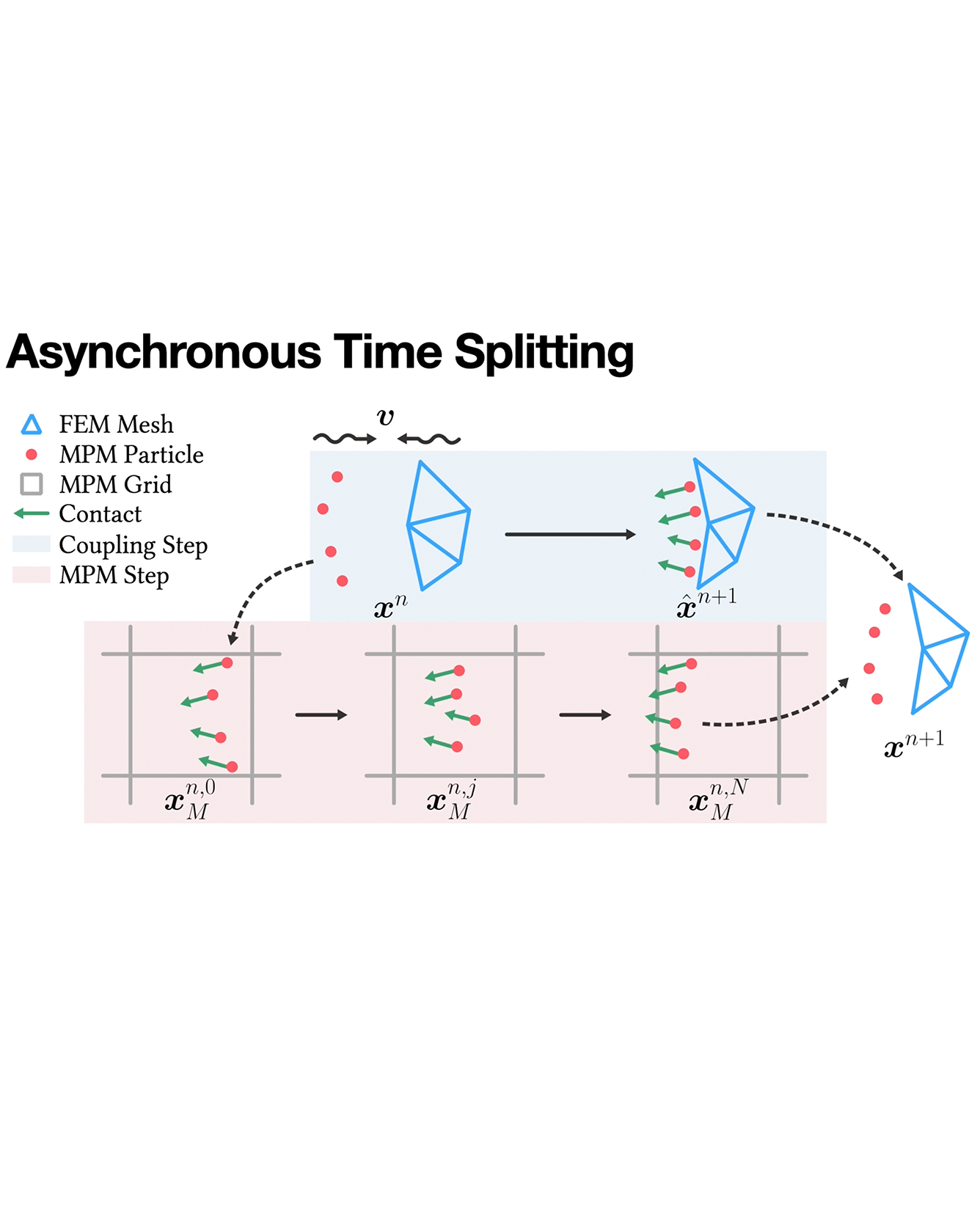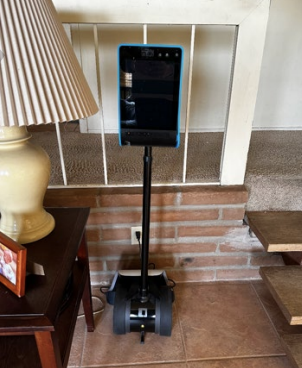
Group cohesion and social contact with other people is critical for supporting mental health (defined here as reduced loneliness, depression, anxiety, stress). Sometimes it is difficult to interact with social groups in person because of distance, poor health, or a global pandemic. In such cases, people can maintain social contact through technology like instant messaging, audio calls, and video calls. Age plays a major role in mental health and technology use: Age typically correlates with worse mental health and poor technology use, which could doubly harm older adults when most of their social connection can only be made through technology. However, some studies have shown that older adults can be quite capable of using technology and use it differently than younger adults. In this study, we sought a deeper understanding of the relationship between participants’ age and their use of and affinity for technology on group cohesion and mental health during social isolation. To do so, we surveyed participants in the United States (U.S.; Study 1, N = 202), Italy (Study 2, N = 325), and Japan (Study 3, N = 261) during a time of increased social isolation due to quarantine restrictions for the COVID-19 pandemic. Results indicated that greater affinity for technology related to worse group cohesion and mental health for younger adults , but better group cohesion and mental health for older adults . Certain subtypes of group cohesion (group integration for social purposes; GI-S) related to better mental health for younger adults and others (group integration for task purposes; GI-T) related to better mental health for older adults. Effects of age in group cohesion replicated across countries, although which specific mental health measures showed effects depended on country. Future studies of technology use and needs should differentiate populations based on age, technology use, and affinity for technology to provide further insights into how technology can best support group cohesion and mental health. Read More


